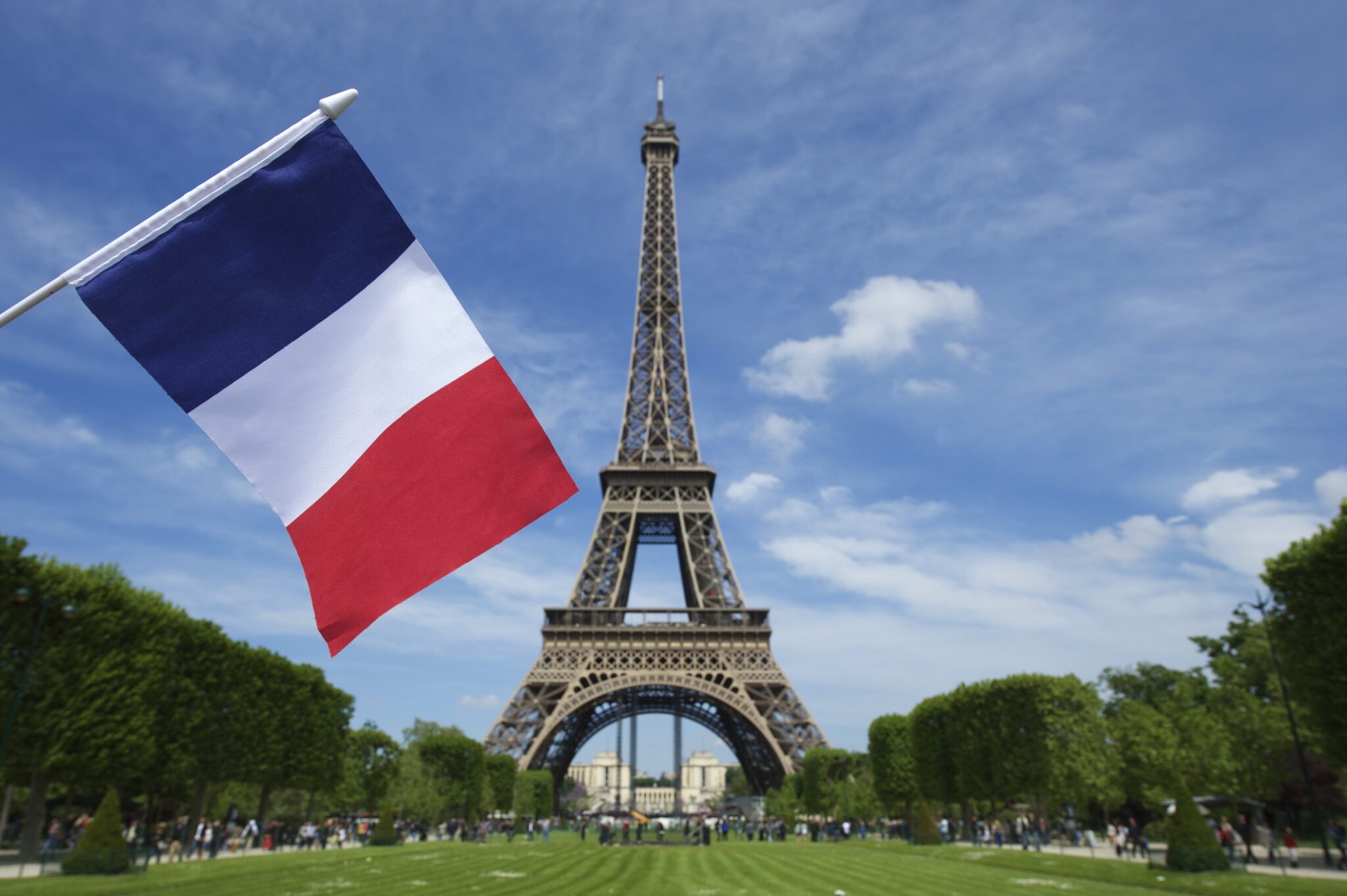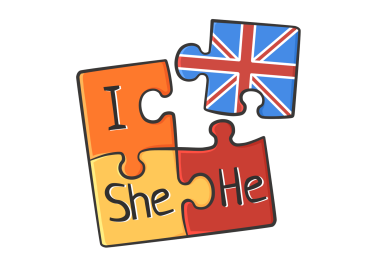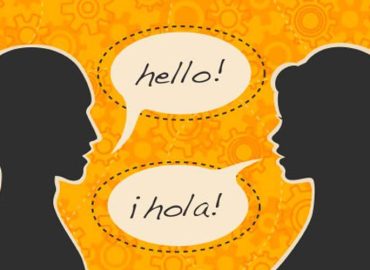The history of the French language and english to french is a whole novel worthy of the pen of a good writer and the screen incarnation of a talented team of filmmakers.
Once upon a time, not even at the dawn of our era, but before it began, the Holy Roman Empire conquered most of Europe, including Gaul. Gaul was inhabited by the Celts: a kind of “forest” people, whose priests, the Druids, healed and predicted the future with the help of trees and plants. The Celts spoke the language of the same name, which has disappeared today, but gradually, due to Roman domination, it was replaced by Latin. The Latin of the Celts was called folk or “vulgar” Latin, that is, the resulting language went quite far from classical Latin. And the Celts began to be called Gallo-Romans. (The wonderful, well-known films “Asterix and Obelix” were filmed about these pages in the history of France.)
The weakening of Rome leads to the conquest of the territory of the empire by barbarians – Germanic tribes. Among them were the Franks, who left their name as the name of the country and language.
The Loire River divides the territory into north and south, and on the basis of popular Latin, two dialects are gradually formed: north French, where the influence of the Frankish language is more pronounced, and south – Provençal, which remains mostly Latin. The northern French dialect is called Old French. The official date of birth of the French (Old French) language is the 9th century, when the first official document “Oaths of Strasbourg”, signed by the grandchildren of Charlemagne, appears on it.
Then the country begins to strengthen and unite around Paris, making Old French the official language of the French court (according to the decree of Francis I), and at the same time the language of the European aristocracy and diplomacy in general.
Literary French, which underlies the French that we study today, was formed by the 16th century: Francois Rabelais’ Gargantua and Pantagruel is the first “official” literary work in French.
Nowadays, French is the official language (or one of the official ones) of France, Belgium, Luxembourg, Canada, Monaco, most of the countries of the West Coast of Africa.
The French language is especially close to Russian people thanks to the great French literature, on which the titans of great Russian literature grew up. French remained the main language of the Russian aristocracy for a long time: remember that Pushkin’s Tatyana wrote a letter to Onegin … in French, since her level of Russian proficiency did not give her the opportunity to express her feelings for Eugene in it! And huge fragments of the novel “War and Peace” are written in French.
French has lexical and phonetic differences in West Africa, Quebec, and France itself. And do not forget that in Belgium and Switzerland they also speak French. In Belgium, by the way, French is as close as possible to the official, state French language.
At home, French is divided into northern dialects, the so-called. oil languages - for example, Franco-Contian, Walloon, Gallo, and southern languages, oc languages - for example, Provençal, Gascon and others. That is why, when traveling around France and its provinces, you should not rely 100% on your French, which you studied in the courses. And the deeper and further you plunge into France geographically, the greater the differences in language you will encounter. For example, in Alsace and Lorraine, located on the border with Germany, you will find such “German” French, in comparison with which your Russian accent will seem almost the standard of French pronunciation. Therefore, by the way, songs performed by Patricia Kaas are not the best way to learn and practice French, since she is a native of Alsace.
When traveling to Provence, be prepared to face the fact that French is not the indigenous language of this region of France. Since it is the official, state language, you will be understood in French, but you may not understand your interlocutors as well, especially in small towns. In cities where there are a lot of tourists, you are unlikely to encounter this problem.
The local language is Occitan, or its old name is Provençal. In the 13th – 19th centuries, the South of France was called Languedoc for this reason: “the land of the oc language”, langue d’oc, in contrast to langue d’oil, that is, the French language. And French became the official language of the entire kingdom only in 1539. And if in our time the Provencal language has only everyday meaning, then in the Middle Ages the situation was different. A rich literature was created in the Provençal language, it was the language of the troubadours – poets and bards of southern France.
The inhabitants of Provence are not particularly enthusiastic about the dominance of the French language. There is even a special word “bergonha” (vergonha – shame) to define the unpleasant feeling that people who speak not French, but Occitan must experience.
Now the Provençal language is the official language of Catalonia, but under the name Aranese. It has a legal status in France and in Italy, that is, it is taught as an elective.
To study in French courses, most likely you will be a Parisian dialect. You will also hear it in the beautiful French cinema of its heyday – here you have a passive language practice! But Parisian, in turn, is divided into two: common people – parigo (accent, as always in French, on the last syllable) and bourgeois dialect. Which one you will meet on the Parisian streets depends on which neighborhoods you decide to visit. In our time, parigo also feeds on youth slang from the outskirts, as well as the languages of immigrants from former African colonies and immigrants from the Middle East.




